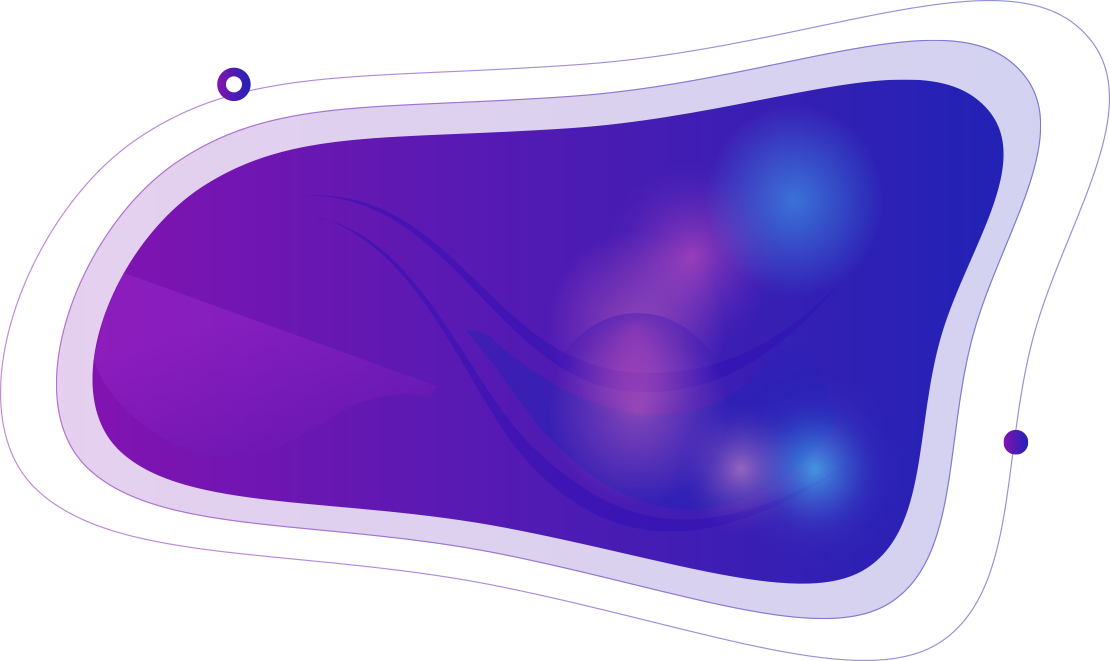The distance from the center of the Earth where an object will experience the same gravitational force from both the Earth and the Moon is called the Lagrange point. In this case, it can be calculated using the formula r = (M/m)^(1/3) * d, where M is the mass of the Earth, m is the mass of the Moon, and d is the distance between the centers of the Earth and the Moon. Using the given values, we can plug them into the formula to get r = (5.98 * 10^24 / 7.35 * 10^22)^(1/3) * 60 * 6.4 * 10^6 = 74.75 * 10^6 m. This means that an object will experience equal gravitational forces from the Earth and the Moon at a distance of approximately 74.75 million meters away from the center of the Earth.
Внимание!! Математические вычисления могут быть не точны!
To calculate the distance from the center of the Earth where an object will experience equal gravitational force from both the Earth and the Moon, we use the Lagrange point formula r = (M/m)^(1/3) * d. In this case, d is the distance between the centers of the Earth and the Moon, which we know to be 60 times the radius of the Earth (6.4 * 10^6 m). Using the given values for M and m, we can plug them into the formula and solve for r to get approximately 74.75 million meters. This means that at this distance, the gravitational forces from the Earth and the Moon will be in equilibrium, allowing objects to maintain a relatively stable orbit. If this sounds like rocket science, it's because it is! But don't worry, with a little practice, calculating the Lagrange point will become second nature to you.Внимание! Используйте решение от нейросети аккуратно, т.к они могут быть не точными. Обязательно проверьте ответы самостоятельно! Особенно это касается математических вычислений


